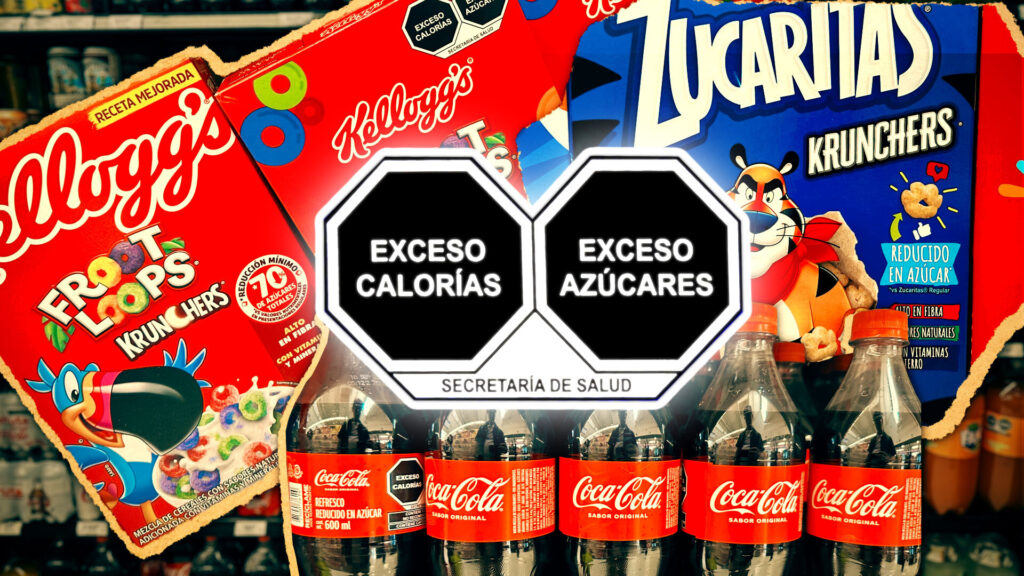Kellogg’s is waging a war here over Tigre Toño and Sam el Tucán.
A 2019 policy requires companies that make unhealthy foods to include warning labels on the front of any boxes they sell in Mexico to educate consumers about things like excess sugar and fat. Any food with a warning label — like Kellogg’s Fruit Loops or its Frosted Flakes, which typically contain more than 37 grams of added sugar in a 100-gram serving — is also banned from including a mascot on its packaging.
You must log in or register to comment.


